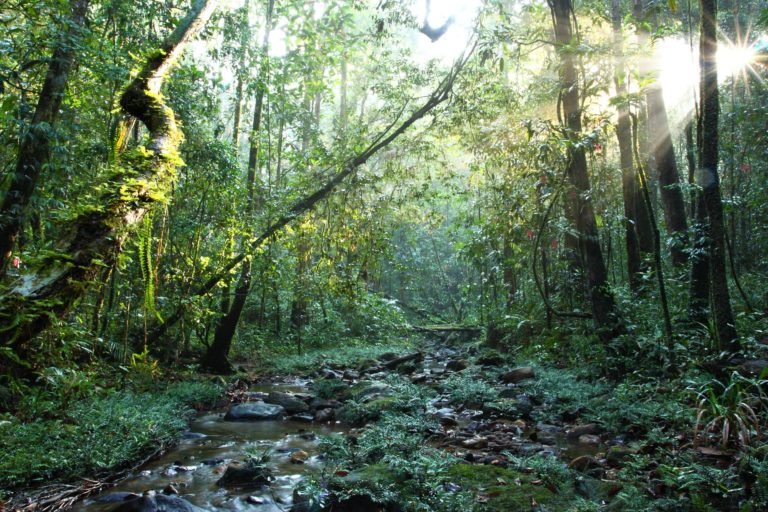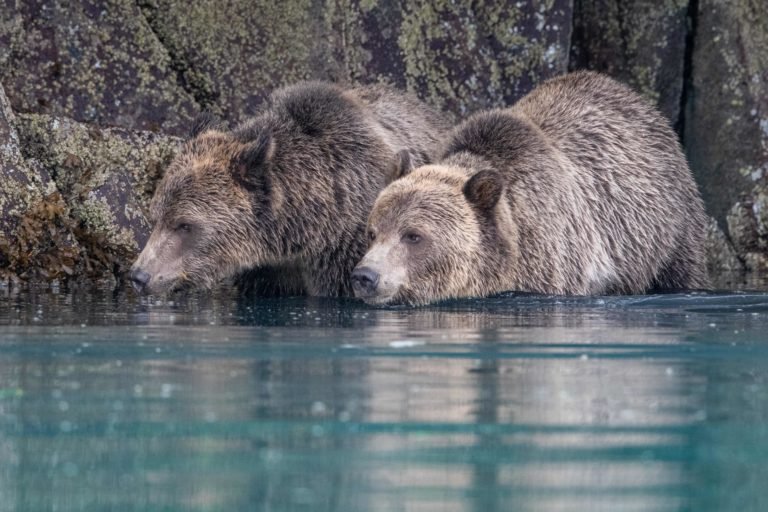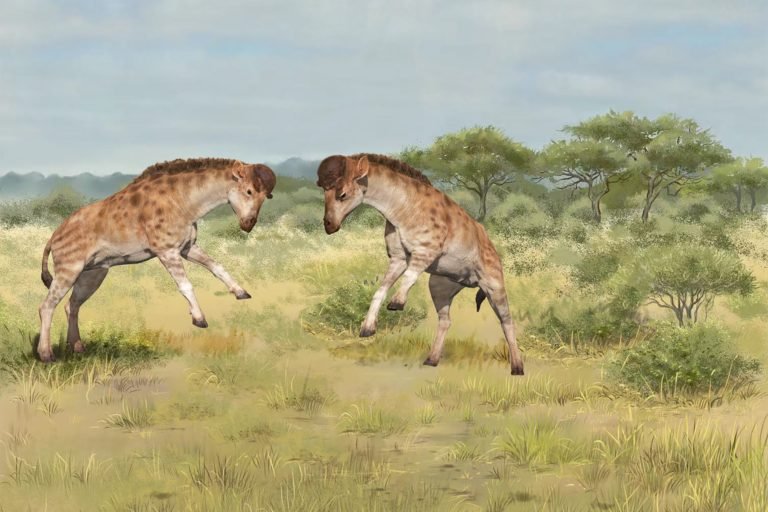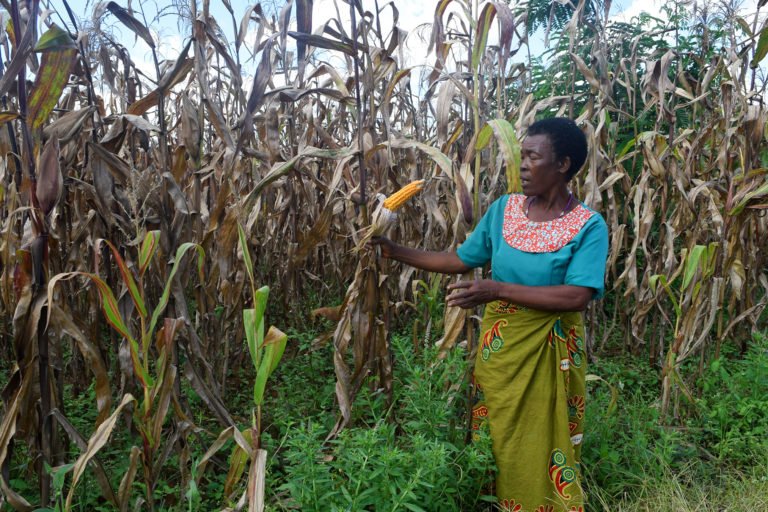- On today’s episode of the Mongabay Newscast we look at Indigenous peoples’ long relationship with, and stewardship of, marine environments through two stories of aquaculture practice and research.
- Nicola MacDonald joins us to discuss Kōhanga Kūtai, a project in New Zealand that aims to replace the plastic ropes used by mussel farmers with more sustainable alternatives. MacDonald discusses the project’s blending of traditional Maori knowledge with Western science.
- We also speak with Dana Lepofsky, a professor in the archaeology department at Simon Fraser University in British Columbia, Canada, who shares her research upon clam gardens along the Pacific coast of North America. Some of these clam gardens have been found to be at least 3,500 years old, and were such a reliable and sustainable source of food that there’s a movement afoot to rebuild them today.
On this episode we discuss Indigenous peoples’ long relationship with — and stewardship of — marine environments through the lens of aquaculture.
Listen here:
Coastal cultures have often enjoyed abundant lifestyles thanks to the wide array of food, fiber, and other useful resources provided by the world’s seas, sounds, estuaries and oceans. Indigenous peoples have also developed strong marine conservation traditions and ingenious methods of ensuring sustainable long-term harvests through practices commonly called ‘aquaculture’ today.
We hear from Nicola MacDonald about Kōhanga Kūtai, a project in New Zealand that aims to replace the plastic ropes used by mussel farmers with more sustainable alternatives. MacDonald tells us about her community’s marine conservation ethic and the mussel project’s basis in blending traditional Maori knowledge with Western science.
We also speak with Dana Lepofsky, a professor in the archaeology department at Simon Fraser University in British Columbia, Canada. Lepofsky tells us about her research into clam gardens on the Pacific coast of North America, some of which have been found to be 3,500 years old, or older. These clam gardens were such a reliable and sustainable source of food that there’s a movement afoot to rebuild them today.
Further reading:
• “‘We have a full pharmacopoeia of plants’: Q&A with Māori researcher Nicola Macdonald” (18 March 2022)
• The Clam Garden Network website
• Smith, N. F., Lepofsky, D., Toniello, G., Holmes, K., Wilson, L., Neudorf, C. M., & Roberts, C. (2019). 3500 years of shellfish mariculture on the Northwest Coast of North America. PloS one, 14(2), e0211194. doi:10.1371/journal.pone.0211194
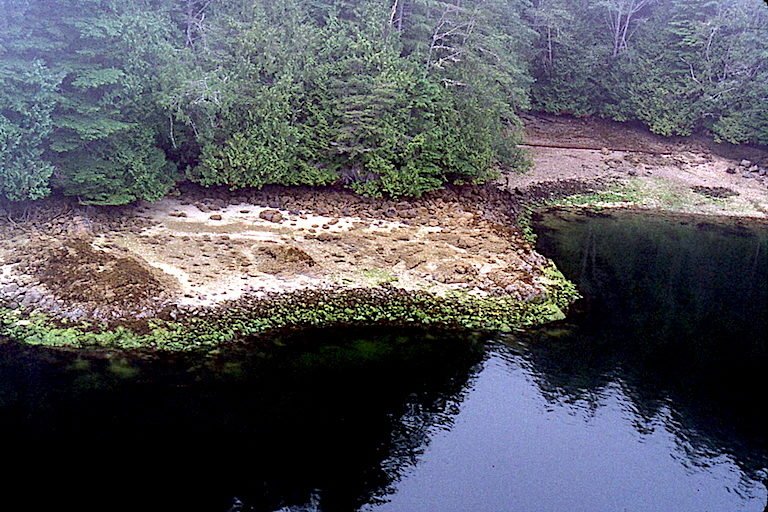
Subscribe to the Mongabay Newscast wherever you get your podcasts from! You can also listen to all episodes here on the Mongabay website. Or you can download our app for Apple and Android devices to gain fingertip access to new shows and all our previous episodes.
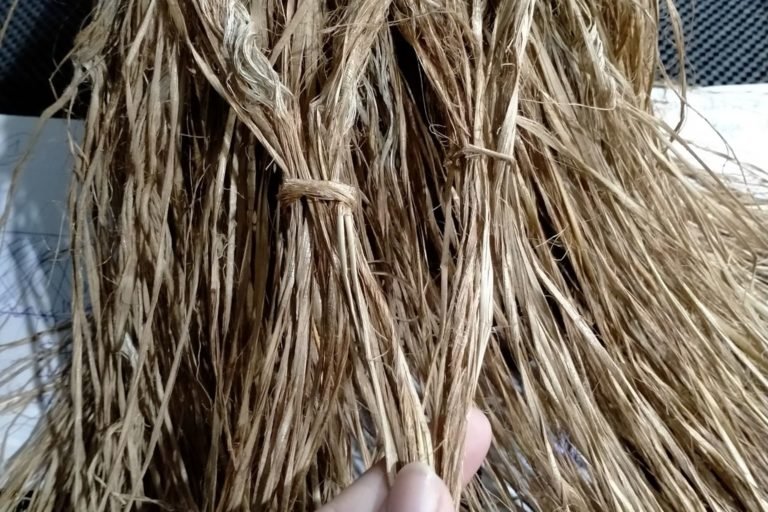
Further listening on this topic: On episode #137 Dune Lankard of Native Conservancy discussed their kelp aquaculture project in Alaska:
• “Podcast: Kelp, condors and Indigenous conservation”
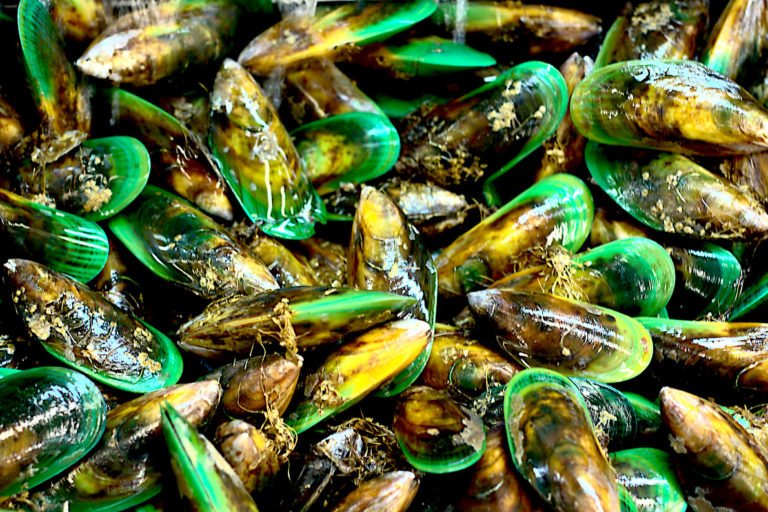
Follow host Mike Gaworecki on Twitter: @mikeg2001
FEEDBACK: Use this form to send a message to the author of this post. If you want to post a public comment, you can do that at the bottom of the page.


